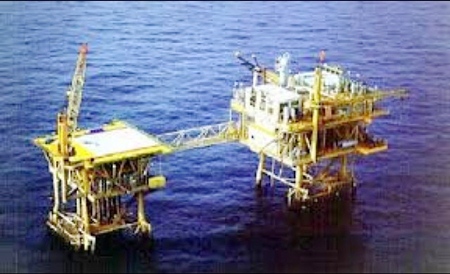BANGKOK, Jan 11 – Thailand needs to urgently negotiate with Cambodia to exploit oil and gas reserves affected by the disputed maritime boundary, or overlapping claims area (OCA), given its increasing domestic energy consumption, according to a senior Energy Ministry official.
Songpope Polachan, director general of the Mineral Fuels Department, said natural gas in the Gulf of Thailand will be exhausted in the next five years and additional supply is necessary to cope with the rocketing consumption.

The Foreign Ministry is duty-bound to negotiate with Cambodia on the OCA, covering 26,000 sq km, to launch exploration and production of natural gas in the area for the benefit of both countries, he said.
He said Thailand’s production of natural gas has reached its peak of 3,600-3,800 million cu ft/day while the total domestic demand is 4,800 million cu ft/day.
The Mineral Fuels Department predicted that Thailand will be able to maintain the highest production level for the next five years, he said, adding that the department looks forward to extending the highest production level to 10 years by investing in exploration of smaller-scale gas reserve sites.
Production will be reduced to 1,000 million cu ft/day in the next 20-30 years, he said.
Mr Songpope insisted that the OCA negotiation is unrelated to the Thai-Cambodian dispute on Phra Viharn (Preah Vihear) temple which is pending a ruling of the International Court of Justice.
The OCA issue, in which both countries claim rights within the disputed boundary, is under maritime law while the Phra Viharn conflict is under the Siamese-French treaty, he explained.
“We are waiting for the Foreign Ministry’s negotiation on the OCA after which the issue will be tabled to the cabinet and parliament as required by Section 190 of the constitution,” he said.
If an agreement is reached, it will take at least 10 years before natural gas can be supplied, he said, adding that Thailand’s demand for natural gas has increased at least 5 per cent each year, mainly for electricity generating (62.6 per cent), industrial consumption (17.7 per cent), vehicles (5.2 per cent) and gas separation plants (13.9 per cent).
The Energy Ministry, he added, is negotiating for gas reserves from neighbouring countries including Myanmar.




